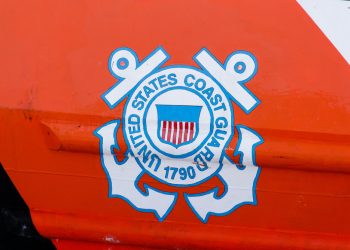ITF calls for industry to work with seafarers in order to make maritime safe for women, as assault case comes on the spotlight.
Namely, a female cadet recently published the horrific experiences of sexual assault she endured on board a vessel while attending the U.S. Merchant Marine Academy.
The cadet revealed the full horror of the incident that took place on board a Maersk Line vessel while she was serving her year at sea in 2019. Going public prompted an independent inquiry from A.P. Møller–Mærsk, investigations by the Maritime Administration of the U.S. federal Department of Transportation, while the USMMA paused its sea training program.
Sadly, this is not an isolated incident, but a reality for many seafarers, both male and female, regardless of flag or company
said ITF Seafarers’ Section Women’s representative, Lena Dyring, adding that everyone in maritime has a responsibility to change the “male-dominated culture and remove obstacles and barriers faced by women in the industry.”
Dyring also revealed that following a recent publication of an ITF statement condemning an assault on a female ITF inspector, she received a letter from a woman seafarer that contained a strong message to the industry that is worth amplifying.
In the letter, the seafarer argues that
Violence is NOT the only reason why the Maritime Industry cannot retain more women. The Maritime Industry is riddled with poor attitudes & perceptions towards employing / training women, cronyism, nepotism, lack of career progress (i.e.: by not being considered capable of doing the job, being passed over [usually by a junior male] and lack of opportunities, employment options, career development, etc.)
In 2020, women accounted for just 1.28% of the overall global seafaring workforce, and just 0.73% of officers. While the cruise and ferry sectors were the main employers of women seafarers, the pandemic has severely affected employment in the former, with many women seafarers who were working in cruise considering a return to sea via the cargo sector, where a female seafarer will typically be outnumbered 20:1 amongst an otherwise all-male crew.
Now, the ITF will soon publish its own support materials for women seafarers, and will be specifically including guidance on seafarers’ rights to safe, healthy and violence-free workplaces.
To achieve an industry that promotes diversity and inclusion and welcomes equally seafarers of all genders, collaboration from everyone in the shipping sector is needed. We know that a more diverse workplace that makes use of all our talents is a stronger and healthier one
said ITF.































































